
 The SFFaudio Podcast #304 – Jesse, Paul, and Marissa talk about Time Out Of Joint by Philip K. Dick
The SFFaudio Podcast #304 – Jesse, Paul, and Marissa talk about Time Out Of Joint by Philip K. Dick
Talked about on today’s show:
1959, New worlds, the Wikipedia entry, the New Worlds triptych, facial tattoos, A Clockwork Orange, Back To The Future II, body modification, terrible lifestyle choices, patois, Ragle Gumm, drugs, themes, the most 1950s story ever, Marilyn Monroe, fear of nuclear war, why keep evolving the culture?, no radio, Lawrence Olivier, The Prince And The Showgirl (1957), The SF Masterworks cover, Life magazine, The Truman Show (1998), pens, Mrs. Kittlebine is a Lunar spy, the model, the planted magazines, who was Ragle’s minder, The Prisoner, Mr. Black’s real wife, Philip K. Dick was extremely interested in cheating wives, marital infidelity, the breakdown of the nuclear family, being a writer, “your channeling yourself here Phil”, living in a false reality, mental illness, The Thirteenth Floor (1999), a horror trope, The Matrix (1999), Craig Bierko is a leading man from an alternate universe, “everything is a little off”, the colour palettes are off, very 1999ish, the future (2024) is the present, a much more coherent Matrix, it came from an alternate world, a little too much dancing, eXistenZ (1999), The Restoration Game by Ken MacLeod, The Tunnel Under The World by Frederik Pohl (from 1955), running advertizing experiments, what is the purpose of simulated worlds?, rough day at work? … go out and be a serial killer (in a simulated world), they’re working from home (like Ragle Gumm), The Space Merchants by Frederik Pohl and C.M. Kornbluth, Pohl worked on Madison Ave., robots, was the world physically real?, the slips of paper, the bus isn’t quite really there, the bus station, the solider, endless problems, progress is never made, one step forward three steps back, the diner, the malt, is he on a treadmill with hypnosis?, are they in drawers?, it’s in Wyoming, Kemmerer, Wyoming, technically insane, more insane?, Brazil (1985), Sucker Punch (2011), which reality is real?, any clues?, there’s no satisfaction, Do Androids Dream Of Electric Sheep?, stacked problems, the guy learning to be a patrolman, the bus driver who doesn’t know how to drive a bus, they’re actors, brainwashing, falling through the cracks, mirrored scenes, ‘it borrows unapologetically’, thinking hard, we’re all happy at the end of The Truman Show, the outside world, our future is in the stars, Time Out Of Joint could never be a Hollywood movie, imagine The Truman Show minus the love interest, conservative endings, science class in a fake high school, there’s no existential crisis, Truman’s soul, he wanted to be an explorer, shilling the products, product placement, his happy ending is to escape the simulation, the rich father-in-law, 0% crime, how would they know?, turtles all the way up?, the granddaddy of all these stories, Hamlet, William Shakespeare was the original meta-man, to catch the conscience of the King, The Taming Of The Shrew‘s induction, Christopher Sly, it’s Trading Places (1983), a very weird framing device, plays within plays, Gödel, Escher, Bach by Douglas Hofstadter, a really good conversation, Dick’s worst books, Dick’s early books, Dr. Futurity, Eye In The Sky, carbon tetrachloride, coffee, the lasagna, existential crises, after his safe was blown up, an invitation from V-Con, X-Kalay, pretending to be a heroin addict, amphetamines, a mind like a Ferrari, Dick’s unsold mainstream novels, suburban 1950s reality falling apart, Ragle Gumm’s name, a character named Phil, half a prison of his own making, choosing to return to reality, the power station, The Kettlemen’s, surreal and weird, based on a real incident, monitoring devices, a mad person ranting, are they faking?, how brainwashed can they be?, borderlands, defense in depth, “this is Ragle Gumm”, the whole business with the light-cord, “I have to get back to my base,” he said. “Phil and I have to be in by eight o’clock or we’re AWOL.”, “Is that you Wade?”, author insert, post-it notes, 3M, “soft drink stand”, “SOFT-DRINK STAND, DOOR, FACTORY BUILDING, HIGHWAY, DRINKING FOUNTAIN, BOWL OF FLOWERS”, virtual reality, so intuitive, pattern recognition skills, nonsense, white noise, paranoid psychosis, another Jim Carrey movie, The Number 23 (2007), creepy and weird, on the list, Virginia Madsen, Eternal Sunshine Of The Spotless Mind (2004), Adjustment Bureau vs. Adjustment Team, a dog falls asleep, a talking dog, the least good, Imposter (2001), the short film, the original story, a robot that thinks its a scientist, why him?, Total Recall, We Can Remember It For You Wholesale, implanted memories, don’t watch the remake, machinations, a secret agent, false endings, which story is the real one?, sitting on a park bench, why is this whole world being built up?, consider the scene…, the fake pressure, even if…, back to Shakespeare, the whim of a Lord, an essential skill, for advertizing, Rene Descartes, cogito ergo sum, imagine an evil demon, post-religious people, we don’t require a purpose, our purpose is to read Philip K. Dick books and drink coffee and watch old movies, a poetic polish by J. Michael Straczynski, Bishop Berkeley, its not a toaster its a post it with the word “toaster” on it, a rock on the dark side of the Moon’s existence isn’t contingent on our perception of it, God perceives everything, the elevator scene, their building up the world as it goes, Dick’s thinking hard and we’re thinking with him, the object or the word, Friedrich Nietzsche, Tibor McMasters from Deus Irae, “this book [Time Out Of Joint] doesn’t end it disintegrates” -Frederik Pohl, missing words, narrator Jeff Cummings, this book requires more study or less, 110.5 slips of paper, the Truman Show delusion, why they’re Tweeting so much, Skype is completely transparent to the NSA (computers), The Thirteenth Floor is beautiful to look at, what our reality is like, computer games, not knowing the difference, does the world (the GAME SERVER) exist when you’re not playing it?, what if it’s robots (AIs) running around in there?, Minecraft, when they built an 8-bit computer inside Minecraft, a giant physical object in a simulated world, there will be a computer program inside the Minecraft computer that can run Minecraft, what’s wrong with The Thirteen Floor, the time is wrong, a simulated world within a simulated world would take more time every time they go up a level, assuming the laws of physics, Inception does that, an infinity of time as a moment, all Science Fiction can be tied together by this novel, is it a Masterwork, it itself is not luminous but it is a conductor of light, it feels very inspired by, a good book for people who’d never read Science Fiction, a peek behind the curtain of reality.
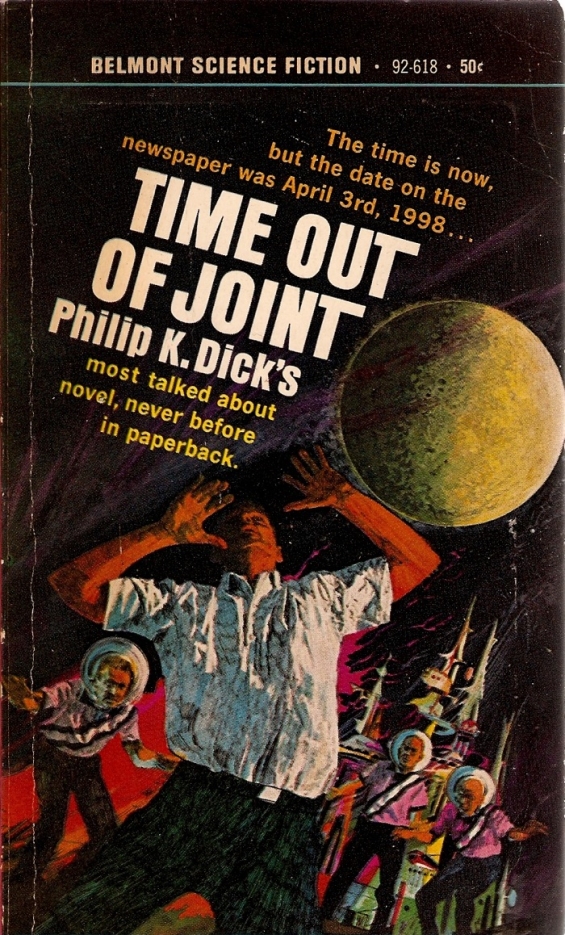
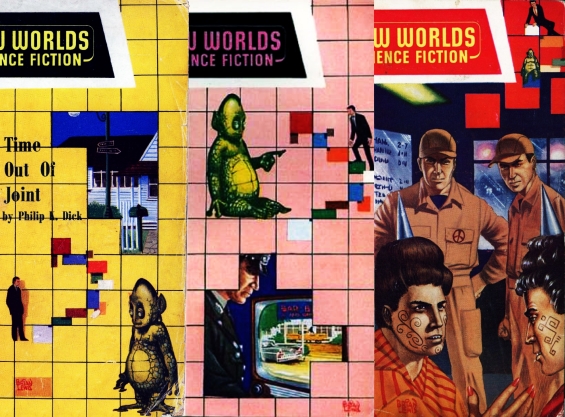



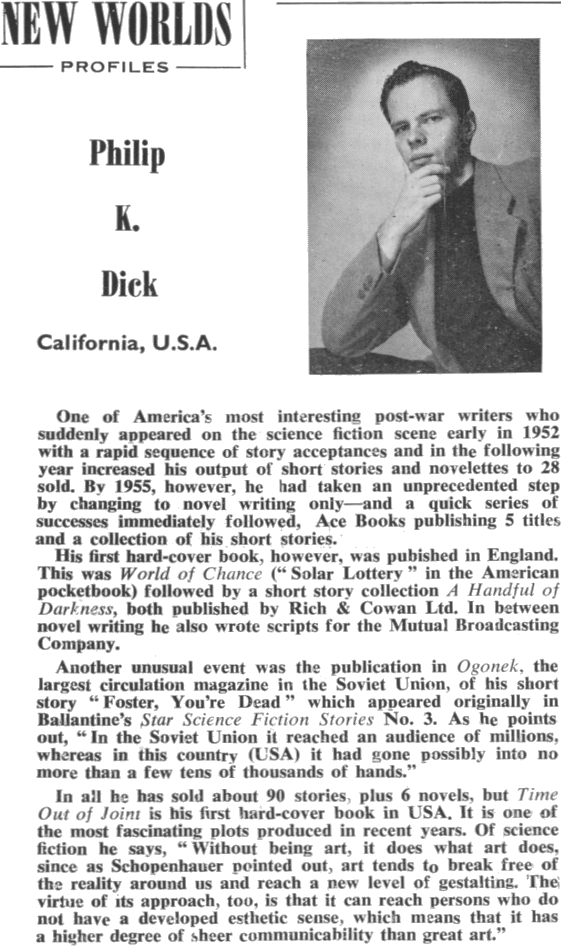
Posted by Jesse Willis

 City of Golden Shadow (Otherland #1)
City of Golden Shadow (Otherland #1)
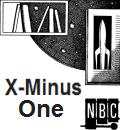 Junkyard
Junkyard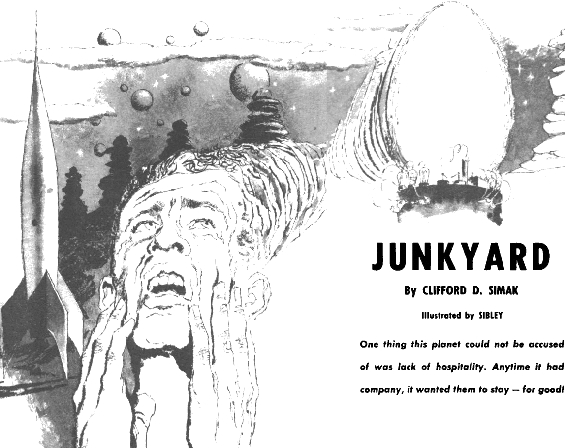
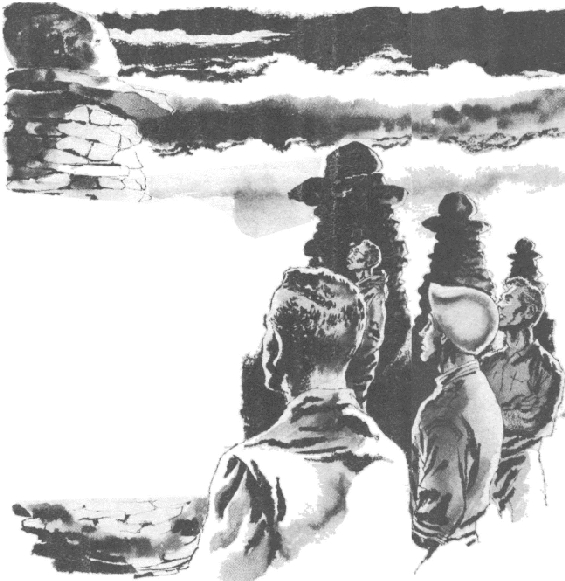
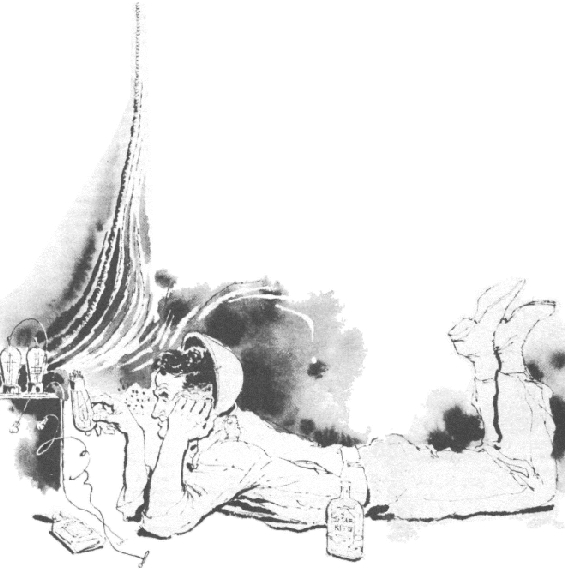
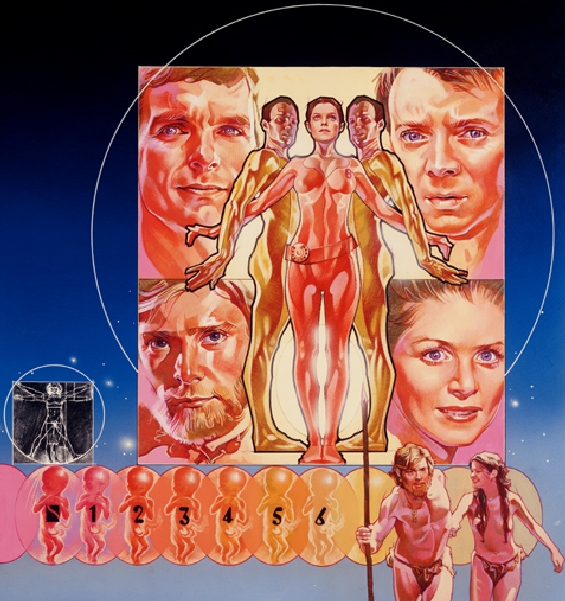

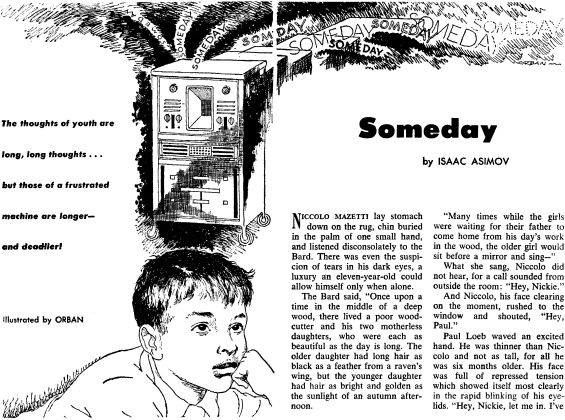
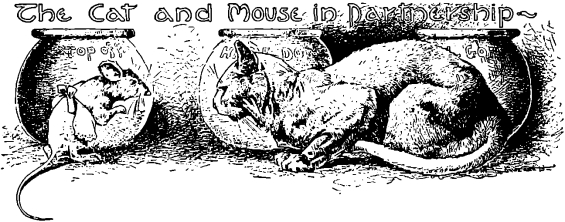


 Martian Time-Slip
Martian Time-Slip